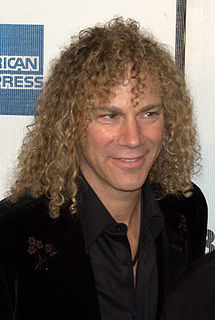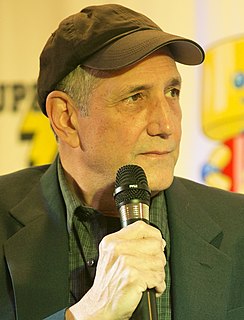A Quote by Sharon Van Etten
I guess I usually write when I'm in a really intense headspace, because it's my form of self-therapy.
Related Quotes
The cognitive therapy that takes place in the film Antichrist is a form of therapy that I have used for some time, and it has to do with confronting your fears. I would say that especially the part of the film that has to do with therapy is humoristic because people who know about this form of therapy would know that the character is more than a fool.
One of the things that's good for me is that I can go from one art form to another. Because I think if I had to write another novel now I would really not be good in my head anymore. It's too much. The frustration is so intense of knowing that this structure is right around the corner. Writing is a particular kind of frustration.
I write because I have an innate need to. I write because I can't do normal work. I write because I want to read books like the ones I write. I write because I am angry at everyone. I write because I love sitting in a room all day writing. I write because I can partake of real life only by changing it.



































